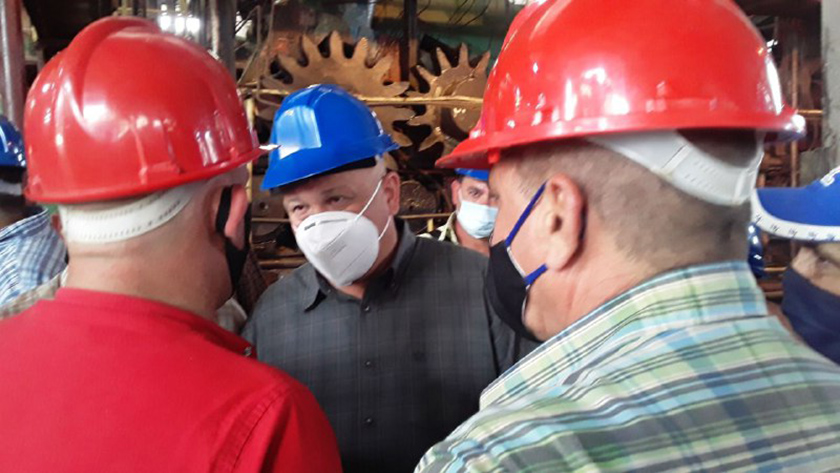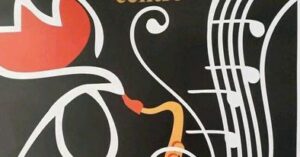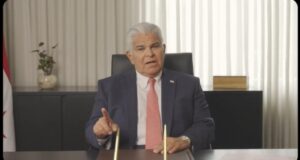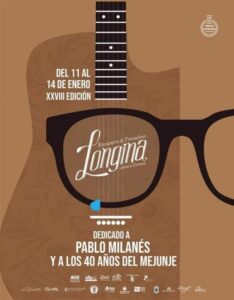Jorge Luis Tapia Fonseca, Vice-Prime Minister of the Republic of Cuba, called for establishing with greater energy and interaction the factors that intervene in the current sugar harvest in Ciego de Ávila.
During an analysis of objective and subjective aspects that slow down the course of the contest in little more than two months after it started, the senior official advocated for new and effective structures far from traditional formalism.
Accompanied by Julio César García, President of the AZCUBA Business Group, and Tomás Alexis Martin Venegas, Governor of the Avilanian territory, Tapia Fonseca delved into core issues related to non-compliance with the grass cutting, raising and shooting programs, the feeding of the workers and the need to redouble vigilance to avoid fires in the plantations.
“The Revolution is the people,” argued the Prime-Vice Minister, “That is why criminal acts cannot be allowed, for which I assert that drastic measures are applied to those who commit burning sugarcane, theft and slaughter of cattle and other damage to animals» he sentenced.
On these particulars, several were the interventions of sugarcane producers and other administrative representatives, who have the task of reversing the situation of Ciego de Ávila, which today appears as the most backward province in the country in food production, according to the highest representative of the AZCUBA Business Group.
With a productive plan that exceeds 767,000 tons of cane to be ground in the harvest, the people of Ciego de Ávila have the commitment to produce some 54,562 tons, a task distributed in the Ciro Redondo, Ecuador and Primero de Enero sugar mills.




